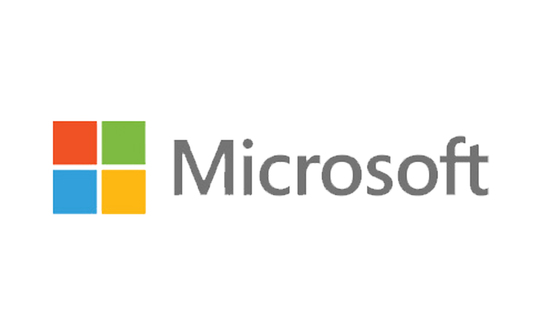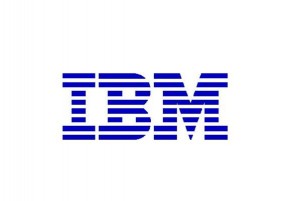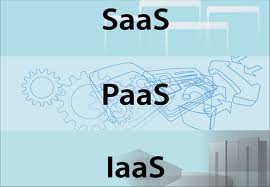Ted Samson| Infoworld
Microsoft is rumored to be in talks to invest as much as $3 billion in Dell’s much-hyped buyout, according to various sources, leaving observers scratching their heads as to what the software giant would possibly have to gain from owning a significant chunk of the struggling hardware maker. One possibility: Microsoft needs a hardware partner to further its cloud ambitions and take on Google, and cloud-focused Dell could fit the bill. The bottom line: Microsoft may believe it needs a hardware partner to further its cloud vision.
Dell, meanwhile, is in a vulnerable position in the increasingly competitive PC market and is welcoming a buyout to go private and redefine itself as a cloud hardware company while avoiding the scrutiny, impatience, and fickleness of public investors. By sinking a couple billion dollars into helping Dell go private, Microsoft could leverage that investment to use Dell as its go-to hardware partner and as a vehicle to advance its cloud vision — the way it sunk $1 billion into Nokia to compete in the smartphone market.
Indeed, both Microsoft and Dell have ambitious cloud computing aspirations — understandably so as we witness the shift from the personal PC era to the virtual desktop era, where users care more about 24/7 access to their apps and data than they do about what sort of device they’re using.
Microsoft has been hard at work priming and pimping Cloud OS and Office 365, both essential components to the company’s future in a cloud-centric world. It’s been an uphill battle thus far: On the Cloud OS side, Microsoft has struggled to clarify its vision, while facing competition from the likes of Amazon Web Services, HP, Oracle, Joyent, RackSpace, Citrix, and Google.
Google, in fact, may be the greatest thorn in Microsoft’s side as it has the only credible rival to Office 365. TBR Analyst Jillian Mirandi predicts that Google’s cloud business, which includes Google Apps, Google App Engine, and Google Compute Engine, will triple to just under $1 billion in 2013. There’s gold in them thar clouds, and Microsoft needs to stake a claim as desktop apps and OSes go the way of the dodo.
Where does Dell play into all of that? Like Microsoft, Dell appears to have broad cloud ambitions as well. The company has faced increasingly stiff competition in the PC market from overseas rival like Lenovo that are able to sell incredibly low-priced computers, thanks in part to being immersed in a cheap-labor market. Thus, Dell appears to be building on its Wyse acquisition and shifting its PC focus to next-gen thin clients, a la Project Ophelia, which could be well-suited vehicles for delivering cloud services like, oh, Office 365.
Notably, Microsoft and Dell have already bonded around the cloud. Dell, for example, is working on a PaaS based on Microsoft Azure, though the project, which was supposed to emerge in the first half of 2012, has been delayed until early this year. Dell also has rolled out thin clients groomed specifically for Windows 8. Additionally, the two companies have a co-branded Private Cloud Fast Track service aimed at helping customers migrate to the cloud, co-branded management and virtualization offerings, and Dell’s vStart, designed to serve as a fast path to Microsoft’s private cloud.
We’ll have to wait and see whether Microsoft ends up pouring billions of dollars into helping Dell go private and transform itself, but both companies stand to gain from such a partnership as cloud computing gains acceptance in the enterprise.













